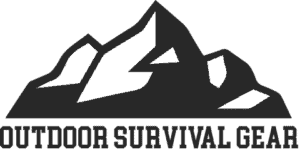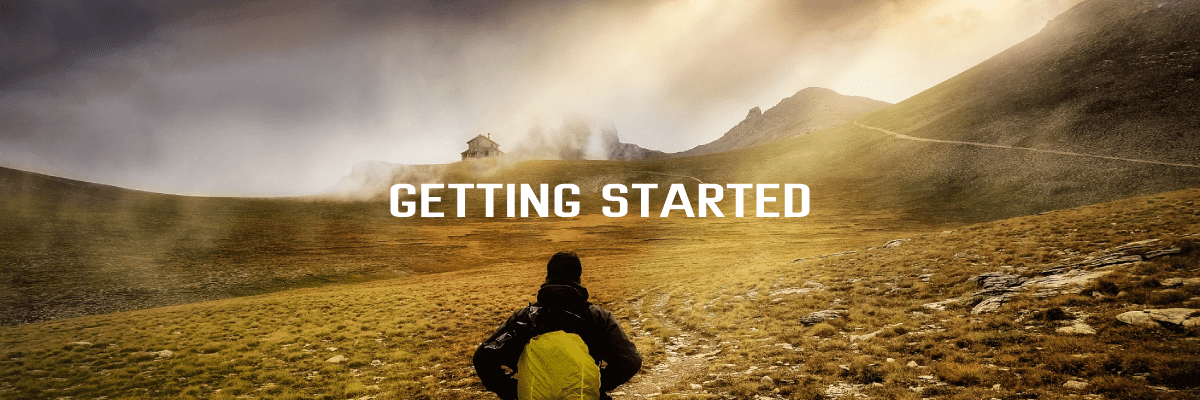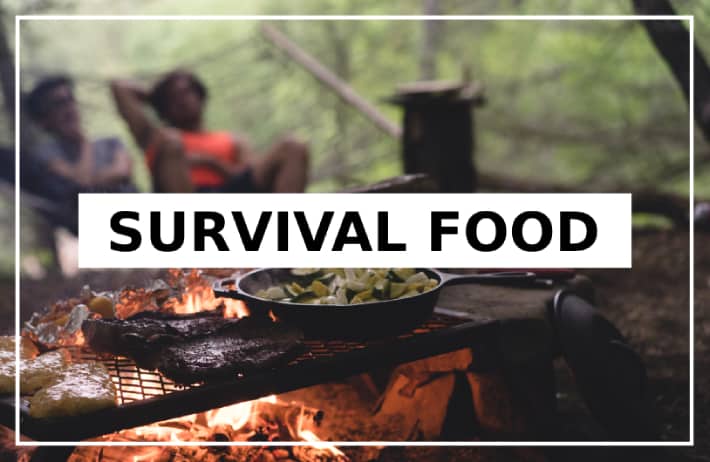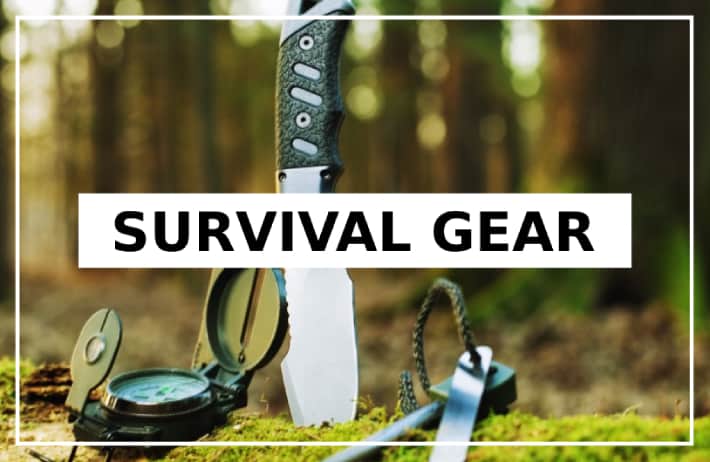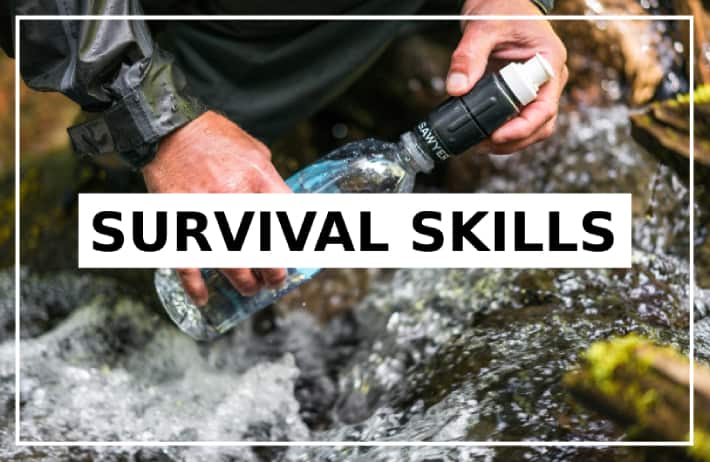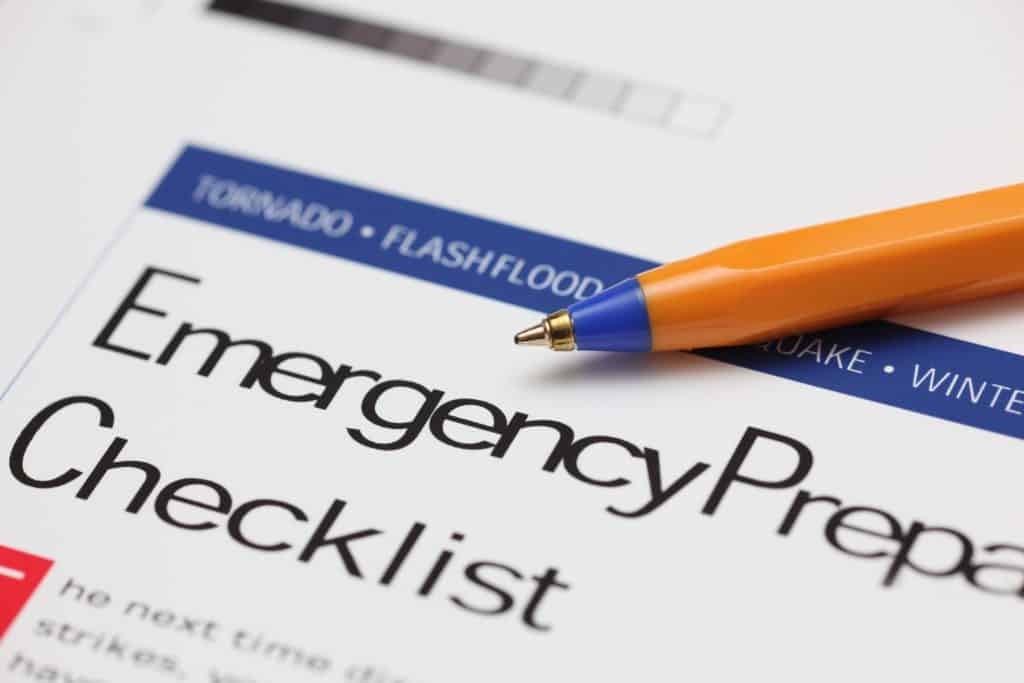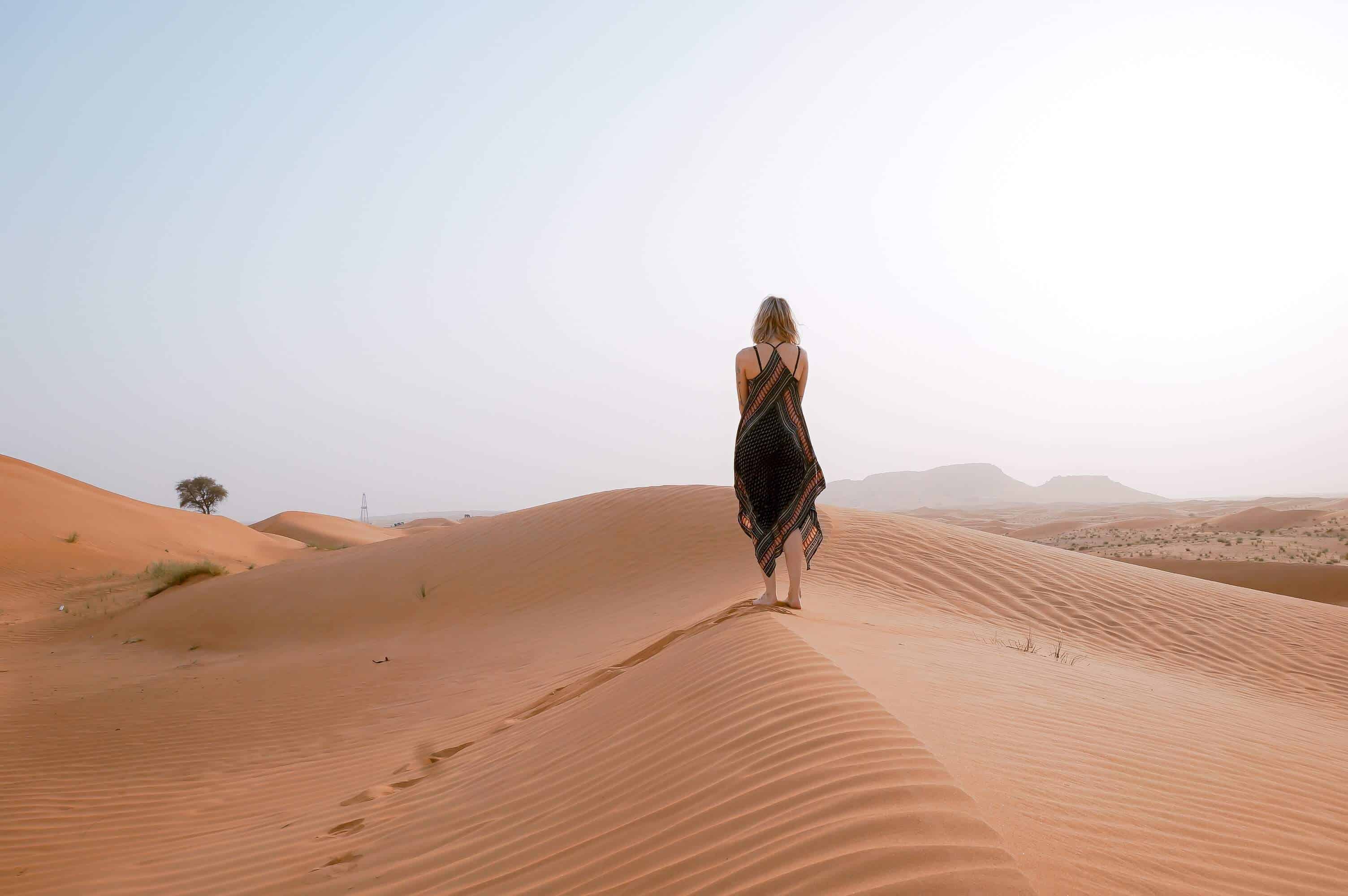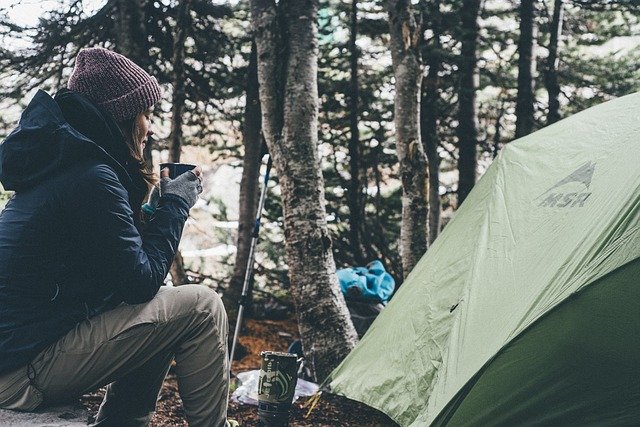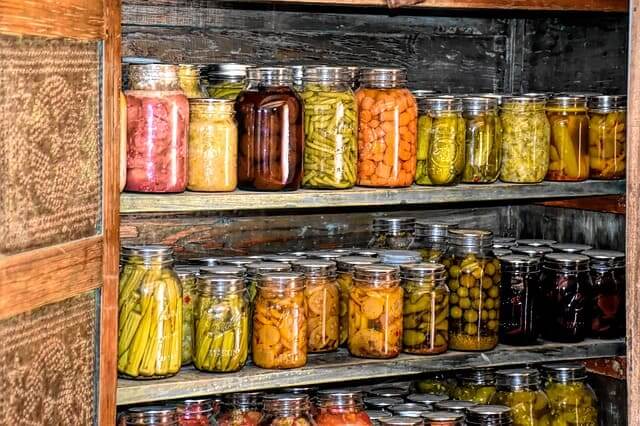Our goal at Outdoor Survival Gear is to provide you with all the information you need to survive during an emergency situation. We have educational blogs around everything from a basic job loss to a large-scale natural disaster.
Want to know what survival products to buy? We’ll not only educate you on the best products, but we’ll also teach you how to use them.
Which Area Interests You The Most?
There are 3 basic categories that you should consider tackleing while starting your emergency preparedness journey. Choose one of the 3 listed above (Food, Gear, or Skills), and let’s figure out the best way to get you started down the right path.
You Can Also Search Your Way There…
If we don’t have what you’re looking for, let us know at by emailing us here.
Commonly Asked Questions?
What is emergency preparedness?
Emergency preparedness is getting yourself ready for an emergency before it happens. The objective of emergency preparedness is to simplify decision-making during emergencies. The emergency preparedness process incorporates the means to rapidly identify, evaluate and react to a wide spectrum of emergency conditions. Emergency plans should be dynamic and routinely reviewed and updated to reflect an ever-changing environment.
How do I safely cook indoors when the power goes out?
Single burner butane stoves are probably your safest option. They’re used in demonstration cooking, hotel brunch omelet stations, and table-side service carts. They should not be used in small rooms with poor circulation though, because depending on the O2 level they can create carbon monoxide. “When oxygen is plentiful, butane burns to form carbon dioxide and water vapor; when oxygen is limited, carbon monoxide may also be formed.”
Do I really need to store food? I don't live in a dangerous area.
Emergency Preparedness is not all about being ready for a natural disaster. Having food and supplies on hand can also help you be ready for other risk areas that almost everyone on earth could experience. For example, job loss, power outage, shipping or transportation strike, biological attach water contamination, and so much more. It’s better to be prepared and never use it than to need it and never have it.
Should I buy wheat if I don't have a wheat grinder?
Yes. There are many ways to consume wheat that do not require a wheat grinder (sprout, soak, etc.). Also, there is a good chance that someone in your neighborhood owns a grinder that you should use if the need arose.
How do I store water long term?
This really depends on where you live in the world. If you are in most parts of the USA you will just need to find a suitable container, fill it up, and store it in a dark area. DO NOT store your water in direct sunlight or directly on cement. See blog post on Water Storage for more information.
How do I work preparedness into my budget?
Everybody’s budget is different, but I recommend you do a ZERO-based budget. Give every dollar a place to go. The important part is that you put something towards preparedness each month. A little bit goes a long way over a period of time.
